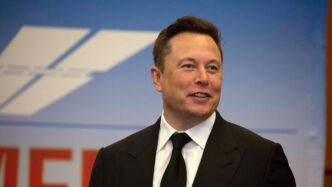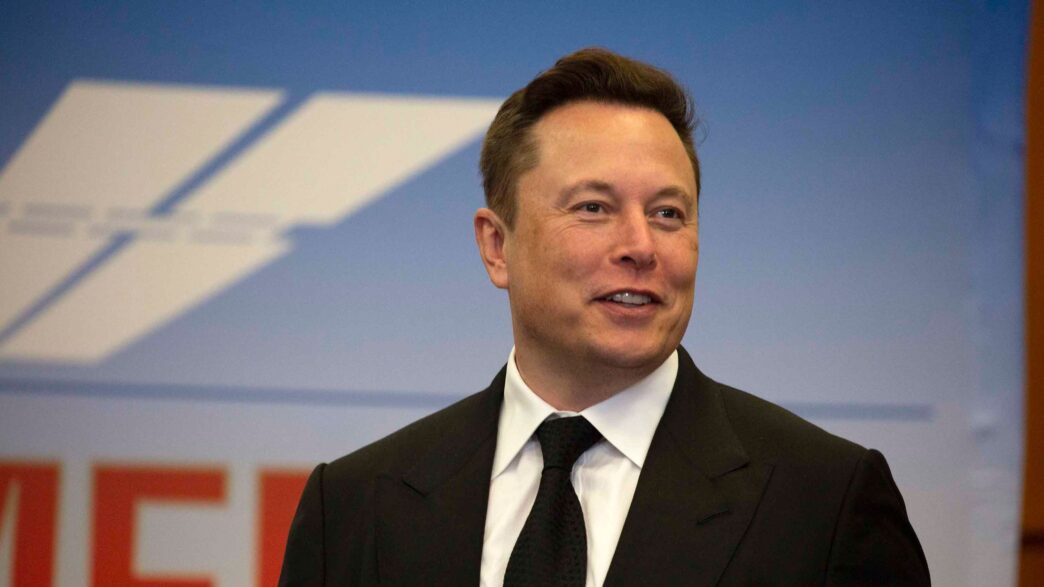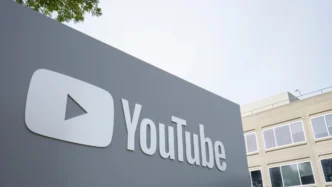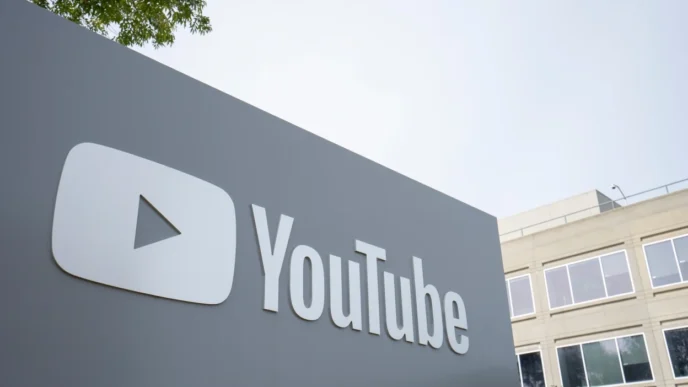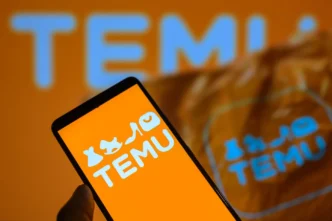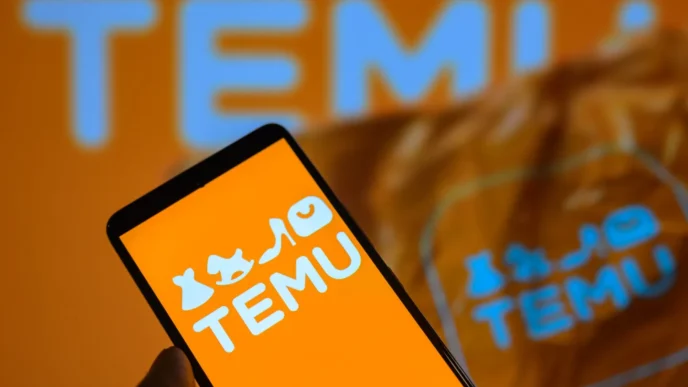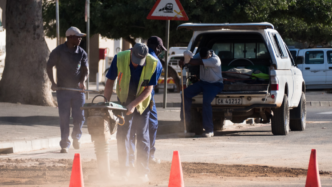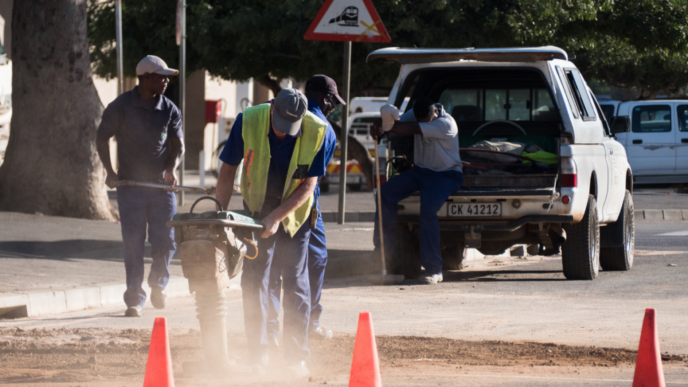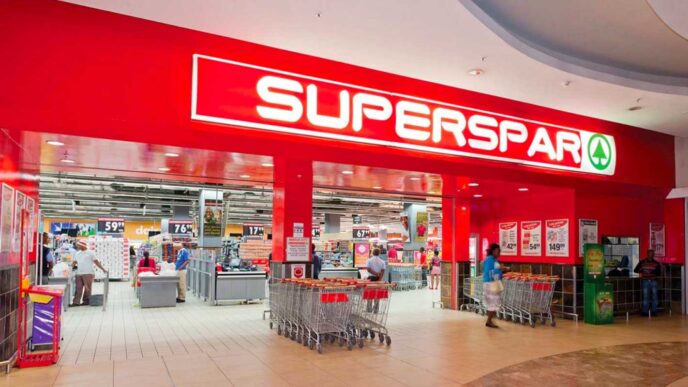South Africa’s government has officially cleared the path for Elon Musk’s Starlink to launch commercial operations, with the Department of International Relations and Cooperation (DIRCO) affirming the policy shift serves the “national interest” by addressing chronic internet gaps and fostering technological equity. The decision, announced on June 2, 2025, follows months of regulatory negotiations and marks a pivotal moment for the country’s digital infrastructure.
DIRCO spokesperson Thandiwe Khumalo emphasized that Starlink’s low Earth orbit satellite network could revolutionize connectivity in rural and underserved regions, where traditional broadband networks remain sparse or unreliable. “This partnership aligns with our vision of bridging the digital divide and unlocking opportunities in education, healthcare, and entrepreneurship,” she stated. Starlink’s high-speed internet, already operational in neighboring Namibia and Zambia, has demonstrated capabilities for streaming, telemedicine, and remote work—services critical for South Africa’s remote communities.
The policy reversal comes after intense lobbying from tech advocates and local businesses, who argued that SpaceX’s entry would spur competition and innovation in a market dominated by state-backed telecom providers. Critics, however, warn of potential disruptions to local internet service providers (ISPs), with some accusing DIRCO of favoring foreign firms over domestic growth.
Starlink’s expansion into South Africa is part of its broader African push, which has already attracted 2.6 million global customers and positioned the company as a key player in the continent’s digital transformation. The service’s ability to bypass terrestrial infrastructure challenges—such as power shortages and geographical barriers—has made it a lifeline for schools, clinics, and small enterprises in off-grid areas.
While DIRCO’s endorsement signals optimism, challenges loom. Regulatory frameworks must address spectrum allocation, data privacy, and taxation to ensure equitable growth. Meanwhile, telecom analysts urge the government to balance foreign investment with support for local startups aiming to replicate Starlink’s success.
As Starlink prepares to roll out services in the coming months, the decision underscores South Africa’s commitment to leveraging cutting-edge technology for public good—even as debates over sovereignty and market fairness persist. For millions of citizens, the promise of reliable internet may finally shift from aspiration to reality.
